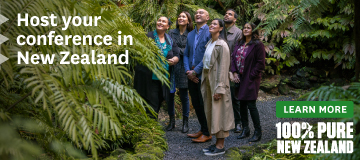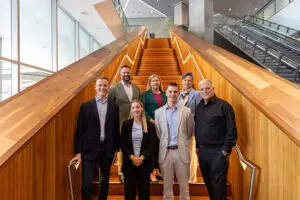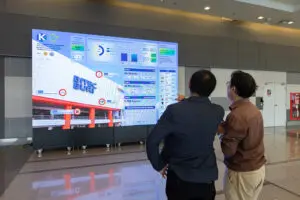The findings are part of a three-year research initiative being undertaken by ChristchurchNZ and Carmel Foley and her team from the University of Technology Sydney (UTS), which seeks to put figures against the widely assumed legacy outcomes of business events.
With Tourism New Zealand also supporting the project, the research is set to include conferences held across New Zealand from this year.
The interim research report, based on four conferences held in Christchurch last year, found 89 per cent of respondents agreed that conferences facilitated knowledge sharing and 85 per cent agreed that conferences helped advance their field of expertise.
Meanwhile, the value of conferences to early career delegates received the third highest agreement score in the survey.
“We have seen some excellent results so far from the Christchurch conference surveys. These four conferences proved to be particularly strong facilitators of knowledge sharing and collaboration, driving scientific advancement and industry innovation,” said ChristchurchNZ’s head of visitor economy, Kath Low.
“Early career delegates benefited greatly, enhancing their knowledge, networks and capabilities, which supports the future health of key industry sectors in New Zealand.
“The beyond-economic benefits of business events include attracting global talent. A staggering 20 per cent of respondents reported that they are actively seeking to relocate to Christchurch to live, work and/or study.”
Low said the research could have wide-ranging benefits.
“Ōtautahi Christchurch has a thriving business events ecosystem and we recognise that evidence-based information has the potential to catalyse innovation in priority sectors and contribute to solutions for environmental and social issues,” she said.
“The research is going to provide insights to generate funding, inform strategies and global marketing.”
Foley said that it was early in the project but “indicative trends are showing very positive results”.
“The next report will include a broader range with data from Wellington and Auckland.
“We are excited to see how this evolves as the dataset grows and we can dive deeper into the analysis from a whole of New Zealand perspective,” she said.




















